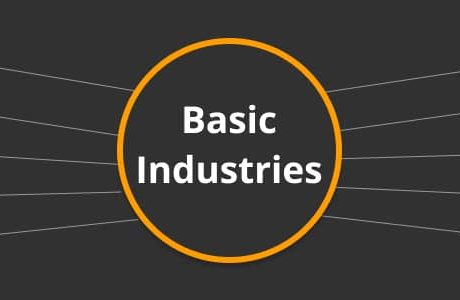Technological advances are opening up more opportunities for professional development. No matter how old you are, it is important to not stop learning and instead of finding a new way to sharpen your skills. Keep reading to learn some useful tips from professionals in how to take advantage of available resources and achieve your goals in the career path
1. Be flexible in your career path:
When making a plan for your future, always be flexible in your thinking. In fact, modern society allows us to explore various jobs during their lifetime. This means you don’t have to follow a single position but can make a switch to other areas. Just make sure to go for a field that you can find many opportunities to develop and find happiness when working.
2. Be ready to work with different people:
Most of us often choose to work with those who have the same points of view. However, having someone who thinks and do differently can be useful in helping you develop and improve your capability. Being exposed to oppositions can be a great chance to stay out of your comfort zone and learn new things in your corporate life.
3. Make use of social media:
These days, technology is an indispensable part of our life. Thus, you should make use of available resources for your development plan. Make sure you are consistent in these platforms to build your reputation with a unique personality. Try to open your social network and make a lot of friends. Be nice and helpful to everyone and potential clients or jobs will come to you anytime.
4. Have a mentor:
Finding a mentor is probably one of the most effective ways to ensure you are on the right career path. With a lot of experience, he or she can teach you valuable lessons in both personal and professional life to grow. You can ask colleagues or friends to choose the right one. Another benefit is that a mentor can give you another perspective on every aspect to help broaden your horizon.
5. Enjoy your leisure time:
Do not only focus on your professional career. Instead, it is better to spend your time on social activities and your hobbies. This will help you develop many essential skills which can be useful for your work. For example, participating in charity work can be a good way to develop your leadership skill. In some cases, if your passion is important enough, it can turn into your full-time job. After all, everybody wants to do something they like and make a living from it.
6. Step out of the comfort zone:
One of the best things to develop yourself is to step out of your comfort zone and try to learn a new thing each year. Since the greatest growth will be the result of fear or discomfort, it is a good idea to make you feel stressed about what you do. For example, if you are afraid of digital tasks, then include them as a part of your plan to develop technical skills. You will be soon surprised at the benefits of this approach in your personal and professional life.
7. Consider online work:
Virtual tasks are very flexible. This makes them a great option for those people who also want to be flexible in their schedule such as travelers or parents who cannot go to the office every day. So if you are in these situations, it is better to consider work because it will open up many opportunities to develop yourself as well as earn a lot of money right at the comfort of your home. Many people are not willing to take these positions because they want a stable salary. However, many freelancers can get a fixed contract with some companies. The key is doing research.
8. Find a person to complement each other:
Another way to improve your capability is to find someone in your company who has opposite personality traits and try to be a perfect couple in work. Try to support and give him or her what you have so that both can grow together. As a result, when your boss is promoted, your chance will also be better. A typical example is the combination of an extrovert and an introvert. In this case, the synergy is powerful to ensure good cooperation between the two.
Constant learning is the key to career development no matter which point you are in your life. Set your personal goal and try to learn new things each year. You will be amazed at the results. If you are looking for a high-quality writing service for academic or business purposes, Essays Match is an authentic writing service to choose. With many talented writers and experts, we can guarantee to deliver the highest-quality essays for your projects.
Read Also:






















